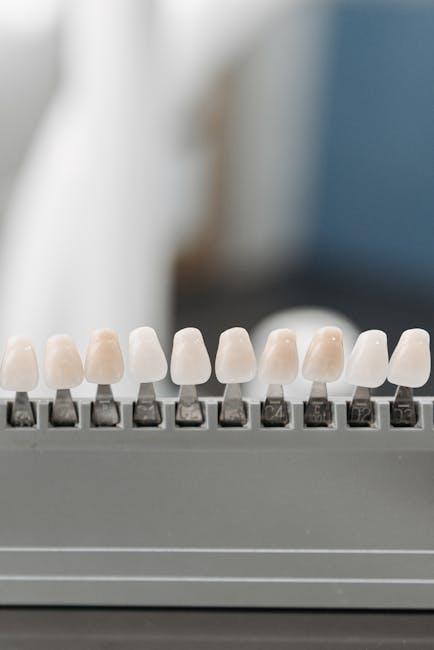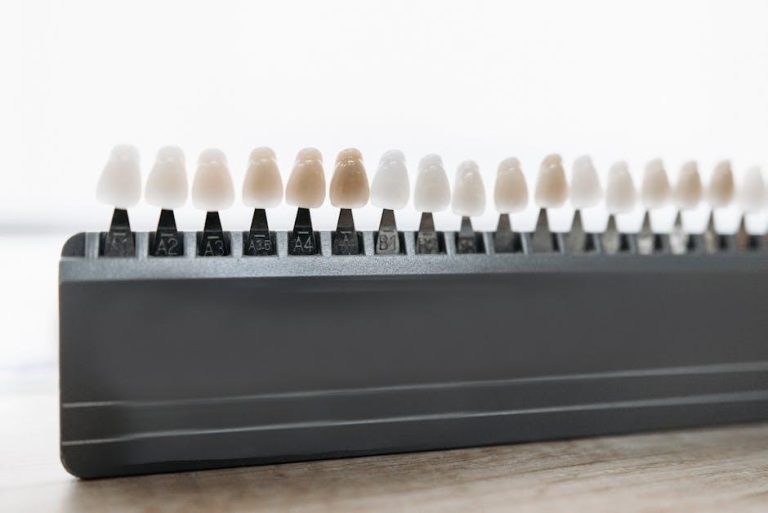
What Are Veneers? Everything to Know About the Procedure, According to Cosmetic Dentists
Veneers have become one of the most popular cosmetic dentistry treatments worldwide, promising an instant transformation for smile enhancement. But what exactly are veneers, and is the procedure right for you? This in-depth guide breaks down everything you need to know about veneers—directly from leading cosmetic dentists—to help you make an informed decision about your smile makeover journey.
What Are Veneers?
Dental veneers are ultra-thin, custom-made shells designed to cover the front surface of your teeth. Typically crafted from porcelain or composite resin, veneers are bonded to teeth to improve their appearance by altering color, shape, size, or length.
They’re a favorite among patients seeking a natural-looking, long-lasting way to fix chipped, stained, misaligned, or uneven teeth.
The Veneers Procedure Explained by Cosmetic Dentists
Understanding what to expect during the veneers procedure can help ease any anxieties and prepare you for the smile transformation ahead. According to cosmetic dentists, the process generally happens in three phases:
1. Consultation and Planning
- Discussion of goals and expectations
- Dental examination including X-rays and impressions
- Selection of veneer type (porcelain vs composite)
2. Preparation of Teeth
- Removal of a thin layer (~0.5mm) of enamel on the front surface
- Taking molds or digital scans to craft veneers accurately
- Temporary veneers may be placed if the permanent ones require lab fabrication
3. Bonding and Finalizing
- Cleaning and etching tooth surfaces for optimal adhesion
- Applying special dental cement and curing it with a UV light
- Finishing touches, including polishing and bite adjustments
Types of Veneers: Porcelain vs Composite
Choosing the right veneer material affects durability, aesthetics, and cost. Here’s a quick comparison table:
| Characteristic | Porcelain Veneers | Composite Veneers |
|---|---|---|
| Durability | 10-15 years | 5-7 years |
| Appearance | Highly natural & translucent | Less translucent, slightly bulkier |
| Cost | Higher ($925–$2,500 per tooth) | More affordable ($250–$1,500 per tooth) |
| Procedure Length | 2-3 visits, requires lab work | Usually done in 1 visit |
| Repairability | Harder to repair | Easier to repair or adjust |
Benefits of Veneers: Why Cosmetic Dentists Recommend Them
Veneers can offer dramatic improvements and several perks, including:
- Instant Aesthetic Upgrade: Fix discoloration, chips, or gaps quickly.
- Stain Resistance: Porcelain veneers resist coffee, tea, and tobacco stains better than natural teeth.
- Minimal Maintenance: Routine brushing, flossing, and dental visits suffice.
- Customizable Looks: Shape, size, and color tailored to your desired smile.
- Long-lasting Results: Durable materials with proper care for over a decade.
Who Is a Good Candidate for Veneers?
Whether veneers are right for you depends on multiple factors. Cosmetic dentists generally recommend veneers for people who:
- Have healthy gums and teeth (no advanced decay or gum disease)
- Have stained or discolored teeth that don’t respond well to whitening
- Wish to close gaps or fix minor misalignment
- Have chipped, worn down, or uneven teeth
- Seek a permanent, natural-looking solution for a brighter smile
Note: Patients with severe orthodontic issues or bruxism (teeth grinding) might need alternative or additional treatments.
Practical Tips for Maintaining Your Veneers
Keeping your veneers in pristine condition requires good dental habits. Here are expert-recommended tips:
- Brush your teeth twice daily with a non-abrasive toothpaste
- Floss daily to prevent gum disease and decay between veneers
- Avoid biting hard objects like ice or fingernails
- Wear a mouthguard if you grind your teeth at night
- Visit your dentist regularly for cleanings and veneer inspections
Potential Risks and Considerations
Like any dental procedure, veneers have some risks and limitations to consider:
- Irreversible Process: Enamel removal cannot be undone.
- Tooth Sensitivity: Temporary sensitivity to hot or cold may occur.
- Possible Veneer Damage: Chipping or cracking can happen with trauma.
- Costly Repairs: Replacement or repair can be expensive.
Real-Life Case Study: Jane’s Smile Transformation
Jane, a 32-year-old professional, hated her stained and slightly crooked front teeth. After consultations, she opted for porcelain veneers. The procedure was completed over two visits, and within weeks, Jane’s smile was brighter, whiter, and symmetrical. She reported increased confidence in both personal and professional settings.
Frequently Asked Questions About Veneers
- How long do veneers last?
- Porcelain veneers typically last 10-15 years, while composite veneers last around 5-7 years.
- Does getting veneers hurt?
- The process is minimally invasive. Most patients report no pain during or after placement, though slight sensitivity is common temporarily.
- Can veneers be whitened?
- No, veneers don’t respond to whitening treatments. The color you choose during placement is permanent.
- Are veneers reversible?
- No, tooth enamel is removed to place veneers, so it’s considered a permanent procedure.
Conclusion: Are Veneers Right for You?
Veneers have revolutionized cosmetic dentistry by offering a fast, effective way to achieve a flawless smile. When done by experienced cosmetic dentists, veneers provide a natural look, durability, and a major confidence boost. However, the procedure requires commitment and proper care to maintain results long-term.
Whether porcelain or composite, understanding the veneers process, costs, and benefits will help you decide if this treatment fits your needs. If you’re seeking dramatic aesthetic improvements with minimal downtime, veneers might be the smile solution you’ve been searching for.
Ready to take the next step? Consult with a reputable cosmetic dentist to discuss tailored options and find out how veneers can transform your smile today.


